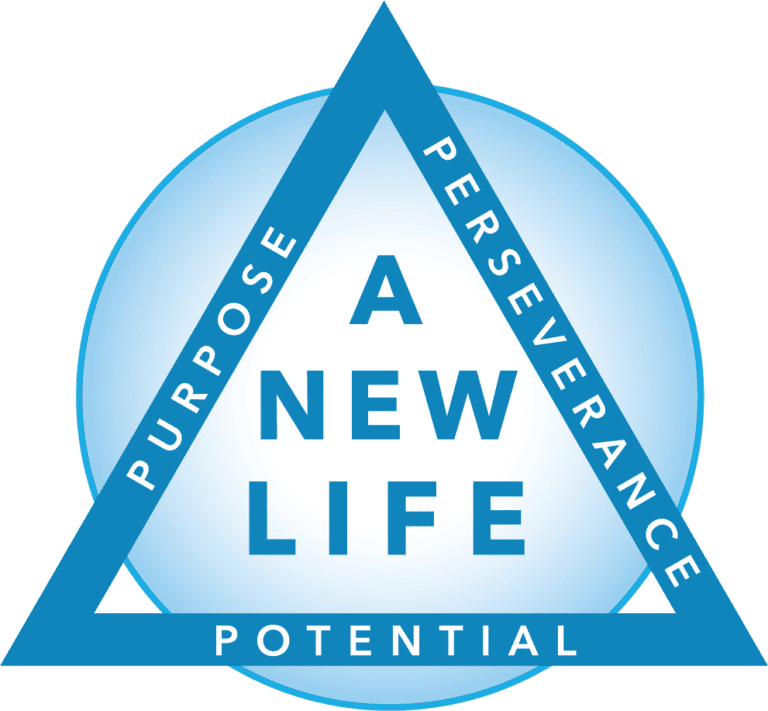The process of rebuilding trust in relationships after one has suffered addiction can be a delicate and challenging affair. This procedure entails open communication, patience, accountability, and understanding. The core elements that warrant trust restoration post-recovery include consistency, accountability, communication, a forgiving attitude, patience, and knowledge to support healthy bonds toward sobriety.
1. Understanding the Influence of Addiction on Relationships
Addiction often divides families through diminishing faithfulness, together with emotional distress felt by those under addiction.
In many instances, broken promises, lies, and betrayal characterize such relationships; hence, trust is usually lost as the primary casualty of addiction.
There is increased poor communication between addicted persons, which leads to misunderstanding, arguments, and feelings of annoyance.
The addicted person’s cycle may lead to instability in their relationship since they may choose substances over Responsibility or commitment.
These loved ones who watch the destruction caused by substance abuse upon their beloveds might experience isolation, guilt, or even anger.
2. Communication as the Foundation for Rebuilding Trust
Restoring trust post-drug dependence necessitates honest dialogue, enabling individuals to express their feelings without censorship on the subject openly.
Active engagement between both parties involves attentive listening and a willingness to acknowledge emotions and experiences without bias or accusation.
3. Being Consistent in Behavior and Actions
Maintaining consistency is vital as one tries to rebuild broken trust. It means acting out in a way that does not change over time, thus giving hope for change.
Continuously keeping promises made earlier on or remaining clean from drugs suggests that you are reliable enough to incrementally return to a trusting partnership.
4. Accountability and Taking Responsibility

As part of rebuilding damaged relationships, trustworthiness calls for taking Responsibility for all previous acts, whether intentional or not. Deliberate mistakes must be admitted, followed by genuine sorrows expressed, and then action must be sought for rectification.
Moreover, it involves being accountable for triggers, cravings, and pitfalls in recovery, seeking help whenever necessary, and actively contributing towards the rehabilitation journey.
5. Nurturing empathy, patience, forgiveness
Restoring trust in a relationship hinges largely on embracing empathy, patience, and forgiveness towards oneself and others and recognizing the impact of addiction on personal growth and relationships.
Thus, it calls for patience since rebuilding or the healing process could be very time-consuming. However, with the blessings of forgiveness, reconciliation takes place with brand new connections based on mutual respect and empathy.
6. Setting Boundaries and Establishing Healthy Communication Patterns
Setting boundaries is crucial when trying to rebuild trust because it helps maintain healthy relationships. It entails precise limits of acceptable conduct and clear communication about them.
Healthy communication channels can be established through consistent check-ins, open dialogue, and conflict resolution to mitigate misunderstandings effectively.
Hence, some guidelines, such as what behavior is not acceptable, what expectations are set, and what the limits should be, should be clearly established.

7. Seeking Support and Professional Help
Individual therapists may guide how to regain trust after addiction. They provide ways to improve dialogue between partners who have been affected by drugs.
A professional therapist can offer tips on communicating better, managing emotions more effectively, or fostering healthier connections while sober.
8. Celebrating Progress and Milestones
Celebrate the progress and milestones in recovery that support good conduct and promote self-confidence and faith in oneself and others.
The awareness of success, even for small things, brings fulfillment, encourages people to be proud of themselves, strengthens bonds between individuals, and ensures progress continues on a healing path.
Closing: Encouraging Healthy Bonds on the Path to Sober Living
In conclusion, re-establishing trust in relationships damaged by addiction requires time, understanding, open communication, accountability, and consistency. Creating healthy lines of communication aimed at fostering knowledge, patience, and forgiveness while setting limits around certain behaviors or situations requiring support from others can help rebuild this trust, which is essential for sober living.
Call A New Life Sober Living Recovery House For Sobriety
Are you or a loved one looking forward to regaining trust in relationships after addiction? Contact A New Life Sober Living right away for empathetic assistance throughout your road to sobriety. Our experts are available round the clock with the tools, resources, and motivation to foster healthier links while restoring trust within relationships. Reach out today—it is the first step towards a brighter future.






